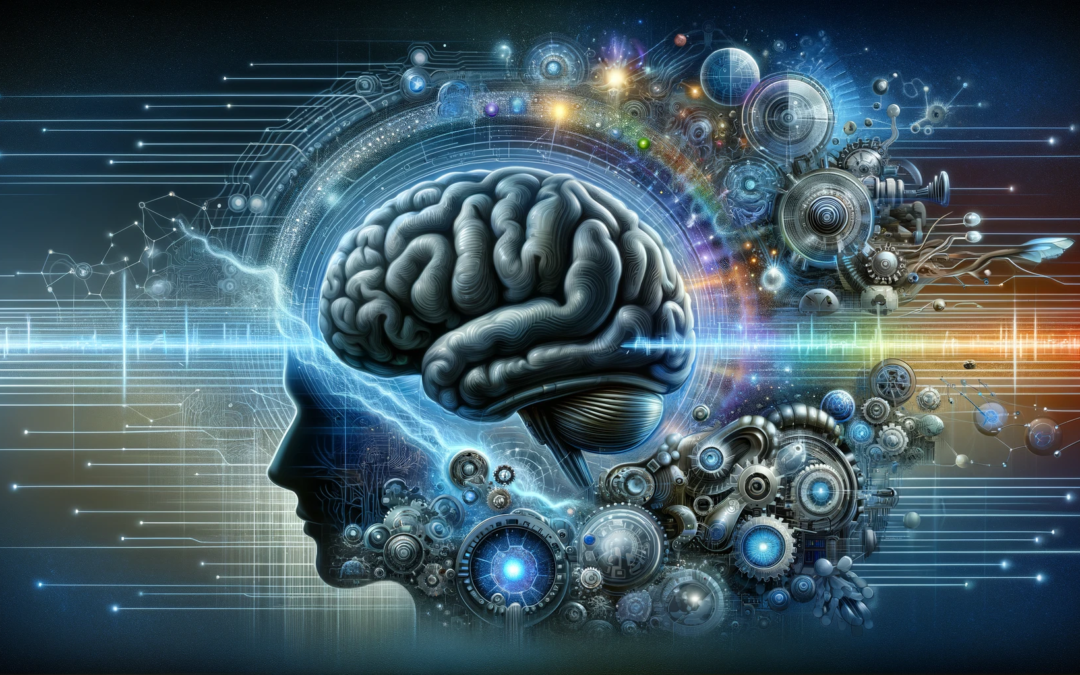
by Harold Fensky | Politics, Social Impact, World Economic Forum
In the snow-clad Swiss town of Davos, nestled among the towering Alps, the World Economic Forum (WEF) annually draws a mosaic of the world’s elite, a congregation of power and influence. Here, amid the shimmering reflections of corporate glass and political...

by Harold Fensky | Environmental Sustainability, Ethical and Social Implications
In a world where the boundaries between technology and nature blur, a recent statement from a World Economic Forum (WEF) panelist has sent ripples through the global conversation about environmental stewardship and sustainability. This panelist, a figure of notable...

by Harold Fensky | Blockchain, Cryptography, Cypherspace, Ethical and Social Implications
In the ever-evolving panorama of the digital age, the concept of “Cypherspace” emerges as a beacon, blending the intricate art of cryptography with the limitless expanses of the digital universe. This exploration delves deeply into the multifaceted realm...

by Harold Fensky | Davos, Economics, Ethical and Social Implications, Surveillance State, Technocracy
In the intricate dance of global economics and politics, the New International Economic Order (NIEO) plays a pivotal role, defining the dynamics of power and control in the 21st century. At the heart of this order lies the 2024 Davos Summit, a gathering shrouded in...

by Harold Fensky | Fashion and Design, Mental Health, Policy and Regulation, Psychology, Social Impact, Societal Analysis
Understanding Decolorization: More Than a Visual Trend In the tapestry of modern society, a subtle yet profound trend has been emerging: the movement towards decolorization. This trend, extending beyond mere fashion or aesthetic choices, reflects a deeper shift in...

by Harold Fensky | Cognitive Enhancement, Ethical Dilemmas, Philosophical Perspectives, Social Impact
The human brain, a marvel of evolution, has long fascinated scientists and laypersons alike. Traditional beliefs held that humans only utilize a fraction of their brain’s potential, but modern neuroscience has debunked this myth, showing that we use most parts...
















